Published
- 09:00 am
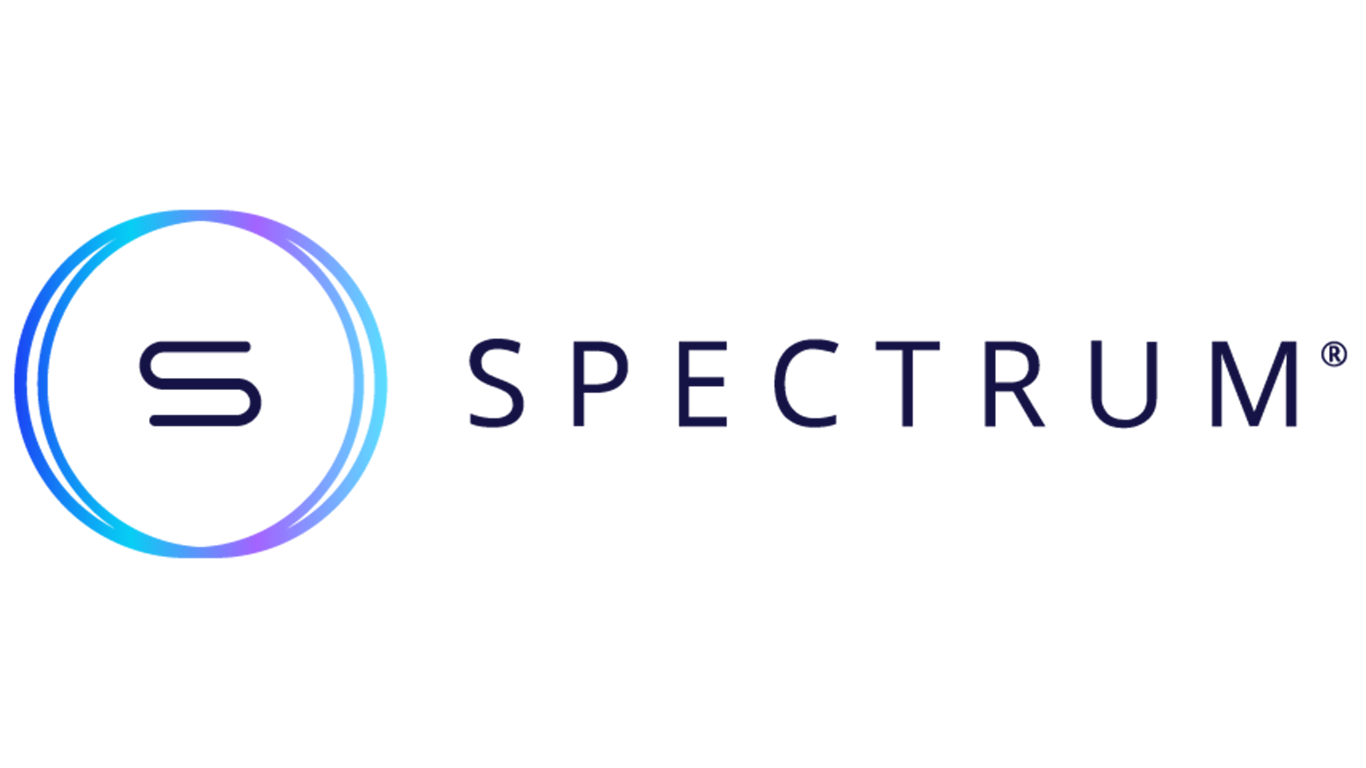
Spectrum Markets (“Spectrum”), the pan-European trading venue for securitized derivatives, has published its SERIX sentiment data for European retail investors for October, revealing a sharp increase in sentiment towards the IBEX 35 index, marking a two-year high of 114 points. The Spanish benchmark index IBEX 35 comprises the 35 most traded Spanish stock corporations traded on the Madrid Stock Exchange.
The SERIX value indicates retail investor sentiment, with a number above 100 marking bullish sentiment, and a number below 100 indicating bearish sentiment. (See below for more information on the methodology).
Market opinion
“The IBEX 35 hovered around 9,000 points towards the end of October, after hitting several peaks above 9,500 points throughout the year. Retail investors may have seen this as a potential entry point, leading to a two-year high SERIX sentiment on IBEX 35, with 114 points, indicating a clear bullish sentiment on the Spanish index,” explains Michael Hall, Head of Distribution at Spectrum.
“Despite the complex political scenario in Spain, the forecasts for strong corporate earnings in Q3 have been positive, particularly for financial companies, which are heavily represented in the IBEX 35. This, together with the market's expectations of ECB interest rate hikes coming to an end, likely played a role in driving bullish sentiment towards the Spanish index," concludes Michael Hall.
Spectrum’s October data
In October 2023, 179 million securitized derivatives were traded on Spectrum, the highest-ever volume of instruments traded on the venue, with 34% of trades taking place outside of traditional hours (i.e., between 17:30 and 9:00 CET).
88.8% of the traded derivatives were on indices, 7.1% on currency pairs, 2.7% on commodities, 1.3% on equities, and 0.1% on cryptocurrencies, with the top three traded underlying markets being DAX 40 (31.3%), S&P 500 (22.8%), and NASDAQ 100 (18.9%).
Looking at the SERIX data for the top three underlying markets, the DAX 40 remained neutral at 100, the S&P 500 decreased slightly from 108 to a consistently bullish 105, and the NASDAQ 100 also saw a slight decrease but remaining bullish at 101.
Calculating SERIX data
The Spectrum European Retail Investor Index (SERIX), uses the exchange’s pan-European trading data to shed light on investor sentiment towards current development in financial markets.
The index is calculated on a monthly basis by analysing retail investor trades placed and subtracting the proportion of bearish trades from the proportion of bullish trades, to give a single figure (rebased at 100) that indicates the strength and direction of sentiment:
SERIX = (% bullish trades - % bearish trades) + 100
Trades where long instruments are bought and trades, where short instruments are sold, are both considered bullish trades, while trades where long instruments are sold and trades where short instruments are bought are considered bearish trades. Trades that are matched by retail clients are disregarded. (For a detailed methodology and examples, please visit this link).
Related News
- 03:00 am
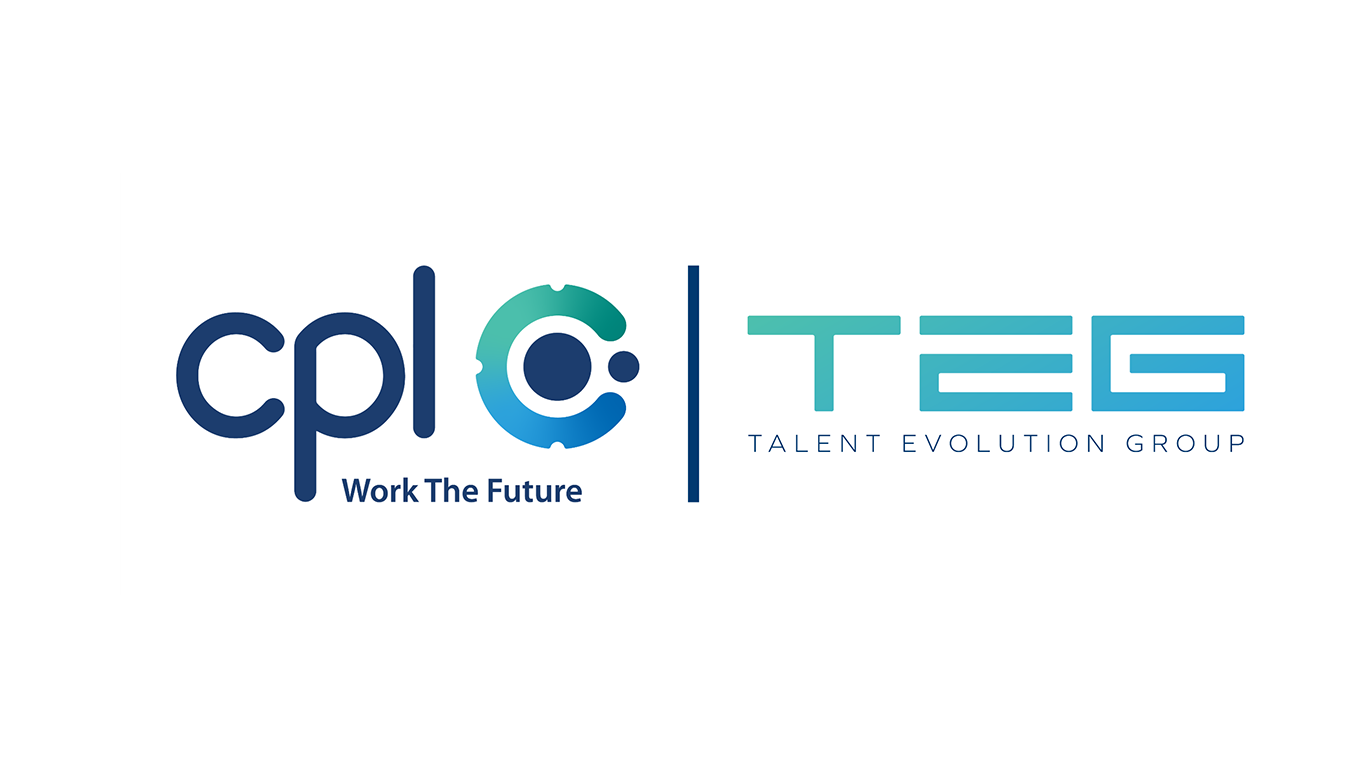
Talent management specialists Cpl’s Talent Evolution Group has revealed that over half (50.4%) of employees in the UK finance and insurance industry were not invited to a formal exit interview when resigning from their previous job role.
The survey, conducted among 1,500 ex-employees who have resigned from a job within the last five years, also discovered that over a quarter (27%) of finance and insurance employees were not being asked to feedback at all when leaving, revealing a missed opportunity for valuable employee engagement.
Instead, organisations risk employee feedback being shared online, with the rise of public review platforms such as Glassdoor and Comparably, which 82% of workers in the finance and insurance sector have used to review a previous employer. With 43% of these reviews holding negative sentiment, by skipping the process of an exit interview, employers are missing the chance to resolve the issues and concerns of their workforce internally.
The majority of employees working in the UK’s finance and insurance industry said they would have felt comfortable enough to share negative views and opinions with their employer, if they were asked. Specifically, being open to providing feedback on the following:
Company culture – 73%
Mental health implications of the role – 67%
Their line manager – 70%
Colleagues and peers – 71%
Their salary – 73%
Áine Fanning, Managing Director at Cpl’s Talent Evolution Group, comments, “There’s a clear disconnect between why employers in the UK finance and insurance Industry think their employees are leaving and the actual reason behind employee exits.
“Our survey revealed that a third of ex-employees felt their feedback would not make a difference to their workplace. If companies make a concerted effort to better understand why employees are leaving and take meaningful action to retain them, employers could gain an edge in the race to attract, develop, and retain the talent they need to create a thriving organisation.’’
With over 62% of finance and insurance sector workers revealing they would have considered a counteroffer during the process of exiting their last role, employers in the industry should consider the exit process not only as a valuable chance to gain employee feedback, but also an opportunity to retain their top performing talent.
For more information on Cpl’s Talent Evolution Group, please visit https://www.talentevolutiongroup.com/
Related News
- 07:00 am
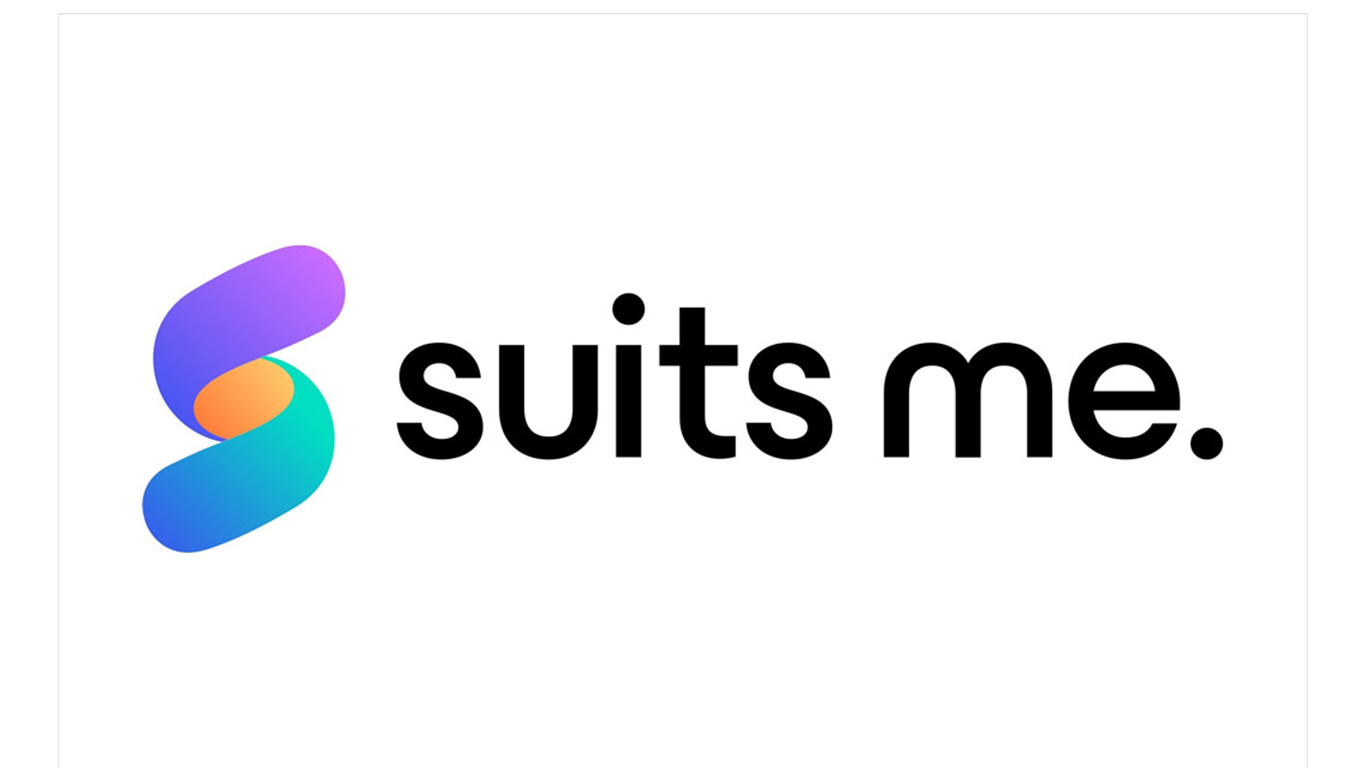
Growing FinTech Suits Me® has announced a partnership with Jumio, the leading provider of automated, end-to-end identity verification, risk assessment and compliance solutions, to allow customers without traditional banking required documents to apply for an account in minutes.
Suits Me®, which is establishing itself as an increasingly popular alternative banking solution, is the first in the UK to enable those without Photo ID or a verified proof of address to open an account as quickly as those who have both.
This is being hailed as a major breakthrough for the 8 million people in the UK* and 78,768 Asylum Seekers** who have previously been prevented from applying for a bank account online as they do not own photo ID, such as a passport,driving licence or verified proof of address documentation.
“Our partnership with Jumio has enabled the business to help even more of those who are described as ‘underbanked’. These people who have struggled with documentation or simply don’t want to incur the travel costs to visit a branch can now apply in three minutes with Suits Me. Technology for us is an enabler for all. not just some of the UK population in the fintech space,” said John Oakley, Operations Director at Suits Me®.
Jumio uses the power of AI, biometrics, machine learning and state-of-the-art liveness detection to help the rapid conversion of more customers, the prevention of fraudsters from infiltrating online ecosystems and compliance with KYC (Know Your Customer) and AML (Anti-Money Laundering) requirements.
Mr Oakley added: “Suits Me® are here to eliminate the hassle of opening an account and to simplify the process with a range of accounts to suit our customers. The time to open an account for those without photo ID is less than two minutes with a selfie upload and an image of one proof of identification, such as a Benefits or HMRC letter, or others that are accepted. We offer all the features that you would expect to find in a traditional bank account, as well as cashback on everyday spending and a personal account manager available in over 19 languages. We are a forward thinking Fintech with traditional customer service values and invite anyone living in the UK to open an account in three minutes with no credit checks”.
Related News
- 05:00 am
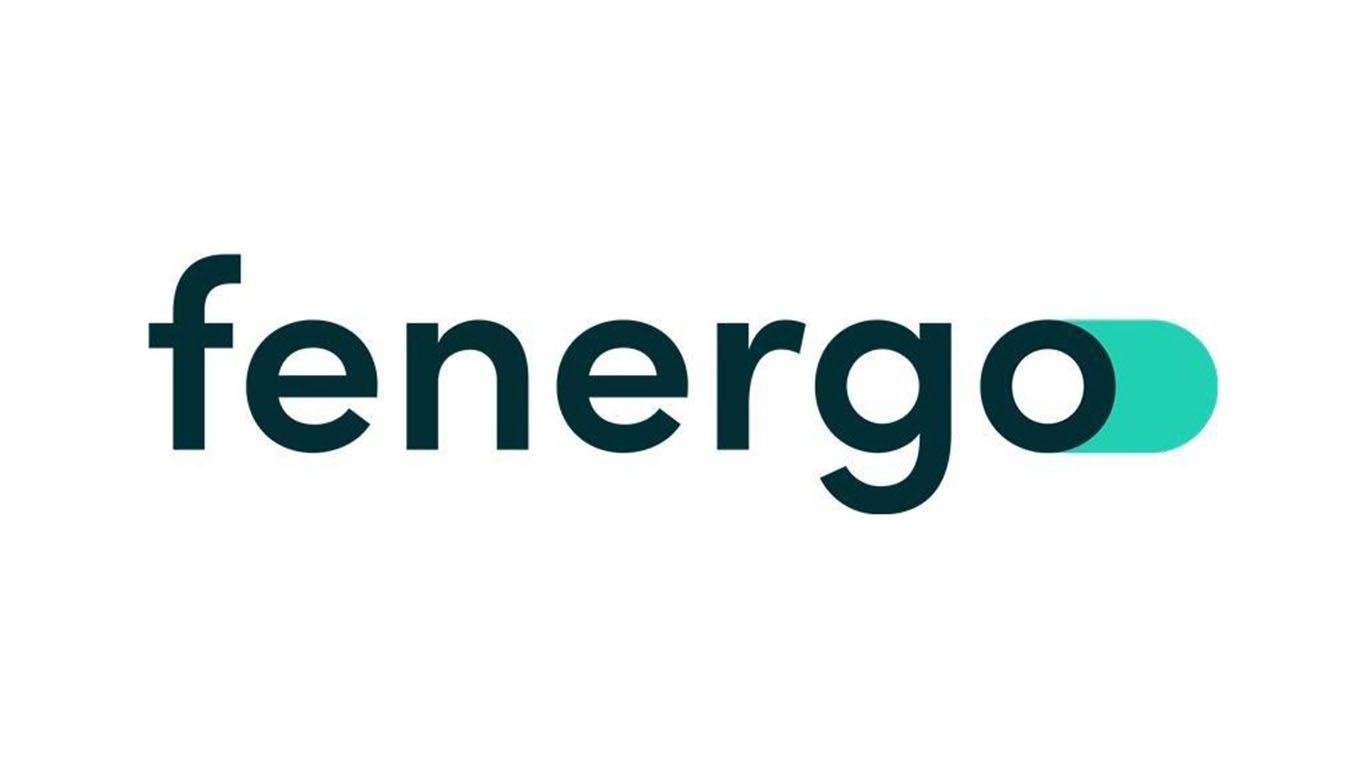
Carrying out Know Your Customer (KYC) tasks is becoming increasingly costly and time-consuming for banks in Britain and across the world, according to new research from Fenergo, the leading provider of KYC and Client Lifecycle Management (CLM) software solutions for financial institutions.
A global study of over 1,100 C-level executives across corporate and institutional banks found it cost on average $2,598 to complete a KYC review for a corporate client in 2023 – up a considerable 17% from 2022. Rising costs are a significant concern in the UK market, with British banks incurring an average cost of $2,613 to complete a KYC review for a corporate client, up 19% year on year.
Beyond growing increasingly costly, KYC checks are also taking banks much longer to complete. Globally, banks took on average 95 days to complete a KYC review in 2023, up meaningfully from 84 days in 2022. This trend is particularly stark in the UK, where firms take on average 17 more days to complete a KYC review this year than in 2022. Adding to the mounting strain on banks is a worsening talent shortage, with the global average number of people involved in KYC tasks having fallen by 14% in the last year. In the UK staff numbers have increased marginally (1%).
Nearly half (48%) of banks globally said they have lost clients due to slow or inefficient onboarding processes, a figure that falls slightly to 39% for banks operating in the UK. This may explain why UK firms are prioritizing financial crime risk in terms of their technology investment over the coming year, with 40% of respondents looking to bolster this area of risk. It may also be reflective of the UK’s growing reputation as a hub for money laundering.
The findings come amid a renewed push by the Financial Conduct Authority (FCA) to crack down on money laundering in the UK. Between January and October 2023, the FCA fined financial institutions in the UK a combined $410m for anti-money laundering (AML) compliance failures. The regulator is now also targeting cryptocurrency businesses conducting international transfers through its new ‘Travel Rule’, which came into effect on 1 September.
“Financial institutions across the globe have yet to make meaningful progress on streamlining KYC and anti-money laundering processes,” said Stella Clarke, Chief Strategy Officer, Fenergo. “Most banks, not least those operating in the UK, still rely heavily on manual processes when it comes to KYC, contributing to lofty onboarding costs, and a greater risk of human error and regulatory breaches. This approach will no longer be fit for purpose over the coming months as financial regulators look to clamp down hard on money laundering.”
Fenergo’s report, KYC and AML in 2023 – Tackling KYC at a Time of Heightened Global Challenges, provides an in-depth analysis into the time and cost implications for regional and global banks conducting KYC and AML tasks.
Related News
- 05:00 am
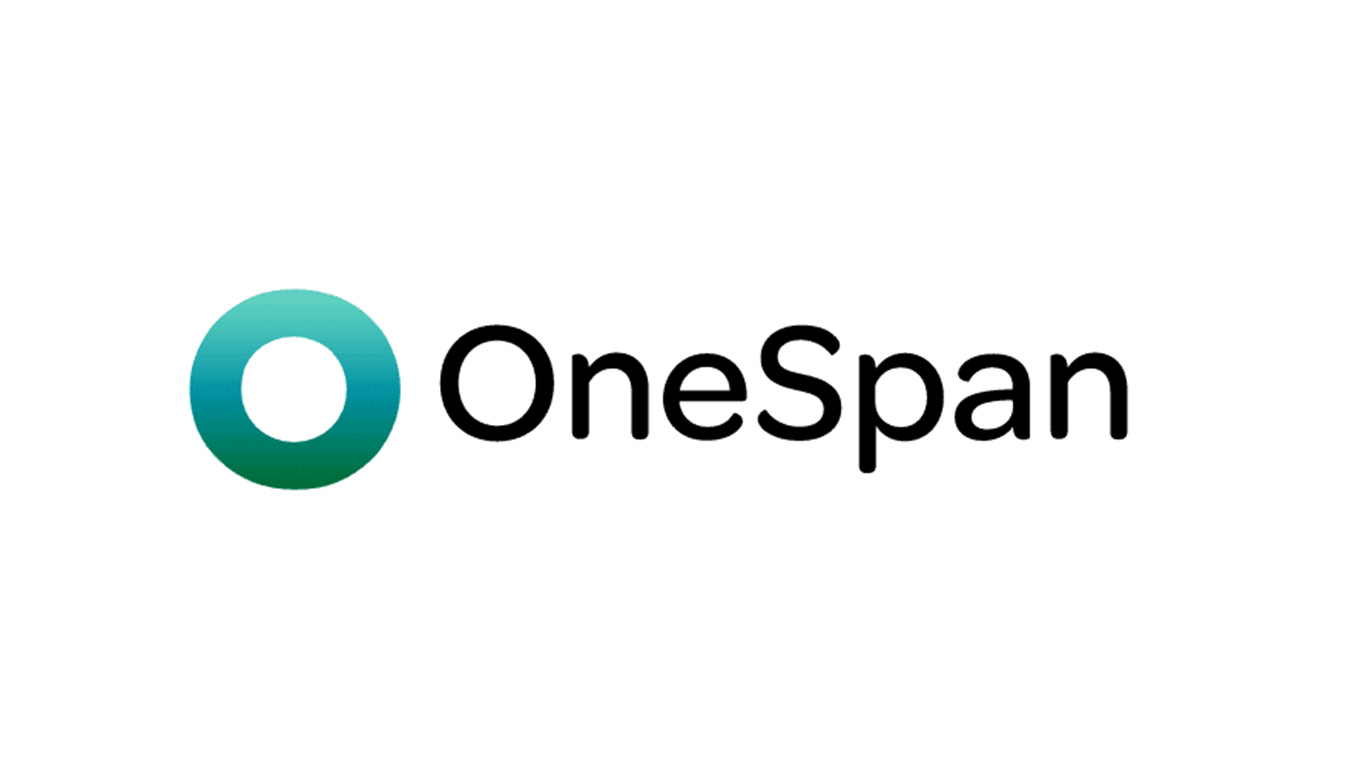
OneSpan™, the digital agreements security company, today introduced its latest innovation to the Digipass Authenticators product line, with DIGIPASS FX1 BIO. This cutting-edge physical passkey with fingerprint scan, empowers organizations to embrace passwordless authentication while providing the utmost security against social engineering and account takeover attacks. This latest addition to the workforce authentication market is designed to safeguard corporate data and applications for a dispersed workforce.
With data breaches on the rise and remote work the new normal, the need for robust and user-friendly workforce authentication has never been more critical. According to Gartner®, “By 2025, more than 50% of the workforce and more than 20% of customer authentication transactions will be passwordless, up from less than 10% today.”1 Moreover, the current state of data security is concerning, with 74% of all data breaches including a human element, with people being involved either via error, privilege misuse, use of stolen credentials or social engineering, costing an average of $4.5 million globally.
DIGIPASS FX1 BIO revolutionizes authentication, ensuring it's faster, more secure, and user-friendly while reducing authentication friction. It provides a cost-efficient, adaptable, and future-proof solution that overcomes traditional MFA limitations. With DIGIPASS FX1 BIO, organizations can safeguard employees, partners, and corporate resources while enabling a flexible 'work from anywhere, anytime, on any device' policy without compromising security.
“In the Web3 era, we firmly believe that a one-size-fits-all approach to security is insufficient,” said Matthew Moynahan, President & CEO at OneSpan. “We are committed to continuous innovation, delivering diverse and secure solutions for organizations while keeping customer experience and security at the core of what we do. In a world where security needs to take precedence, DIGIPASS FX1 BIO presents a solution to the challenges faced by modern enterprises, ensuring a secure and user-friendly environment for an organization’s workforce.”
DIGIPASS FX1 BIO enables:
- Unparalleled Security: Passwordless biometric authentication using fingerprint biometrics and public-key cryptography, reducing the risk of breaches.
- Simplified User Experience: Seamless, flexible authentication across various devices and connectivity options (USB, Bluetooth, NFC), enabling work from anywhere.
- Mitigating Social Engineering Attacks: Modern phishing-resistant technology protects any user against the most sophisticated attacks.
- Increased Efficiency: Cuts operational and development costs, integrates easily with industry standards and requires no additional software installation.
- Future-Ready: Built on FIDO technology, adapts to emerging tech, and works with a wide range of platforms and services.
- Out-of-the-Box Compliance: Effortless GDPR and HIPAA compliance.
Related News
- 05:00 am

According to research conducted by Vertex, Inc., a global provider of tax technology solutions, the approach to indirect tax compliance by almost three quarters of global businesses is risk-prone. Seventy-four percent of global businesses report accepting indirect tax compliance risks, about their company’s tax compliance strategy.
Peter Boerhof, Senior Director of VAT for Vertex’s Chief Tax Office, commented on the findings: “The attitude to indirect tax compliance by businesses everywhere is concerning, particularly when the technology exists to mitigate many risks being taken. If businesses haven’t taken account of indirect tax properly, especially in Europe where the VAT rate can be up to 27%, this can have a detrimental effect on profit and brand reputation. Tax authorities will always catch up with a business, and the financial impact of non-compliance can be huge.”
The research surveyed 580 indirect tax decision-makers in global companies with an annual revenue of at least $50 million and found that 74% of respondent’s businesses were accepting compliance risks. In comparison, only 16% of businesses were risk-averse with their indirect tax compliance strategy. The remaining 10% were neither tolerant nor averse to taking risks.
The survey also revealed that 62% of respondent’s businesses are publicly non-compliant, meaning errors were found following government investigation or audit. Additionally, 84% of the tax decision-makers said they feel personally exposed to the current level of indirect compliance within their business.
Regional differences in attitude to risk are stark. 90% of the survey’s U.S.-based respondents considered their business to be risk risk-prone areas 56% of respondents from Southern Europe (France, Italy and Spain) felt the same. 72% of respondents in the UK and Ireland believed their businesses to be risk-prone.
However, when asked how they would define their business’s current indirect tax capabilities, 43% of U.S. respondents describe their organisation as a ‘champion’ - meaning protected and futureproofed, whereas just 29% of respondents from Southern Europe say the same. Conversely, 25% of respondents from the UK and Ireland define their business as a ‘crawler’ - meaning compliance is slowing their business down.
Gunjan Tripathi, EMEA Director for Solutions Marketing at Vertex, added: “For me, the most troubling element of this research is how many respondents from around the globe feel personally exposed about the level of risk being taken by their business about indirect tax compliance. From a duty of care perspective, willingly exposing tax teams to this level of risk seems unwise and warrants further consideration.”
The full findings of the research can be found via this link.
Related News
- 06:00 am
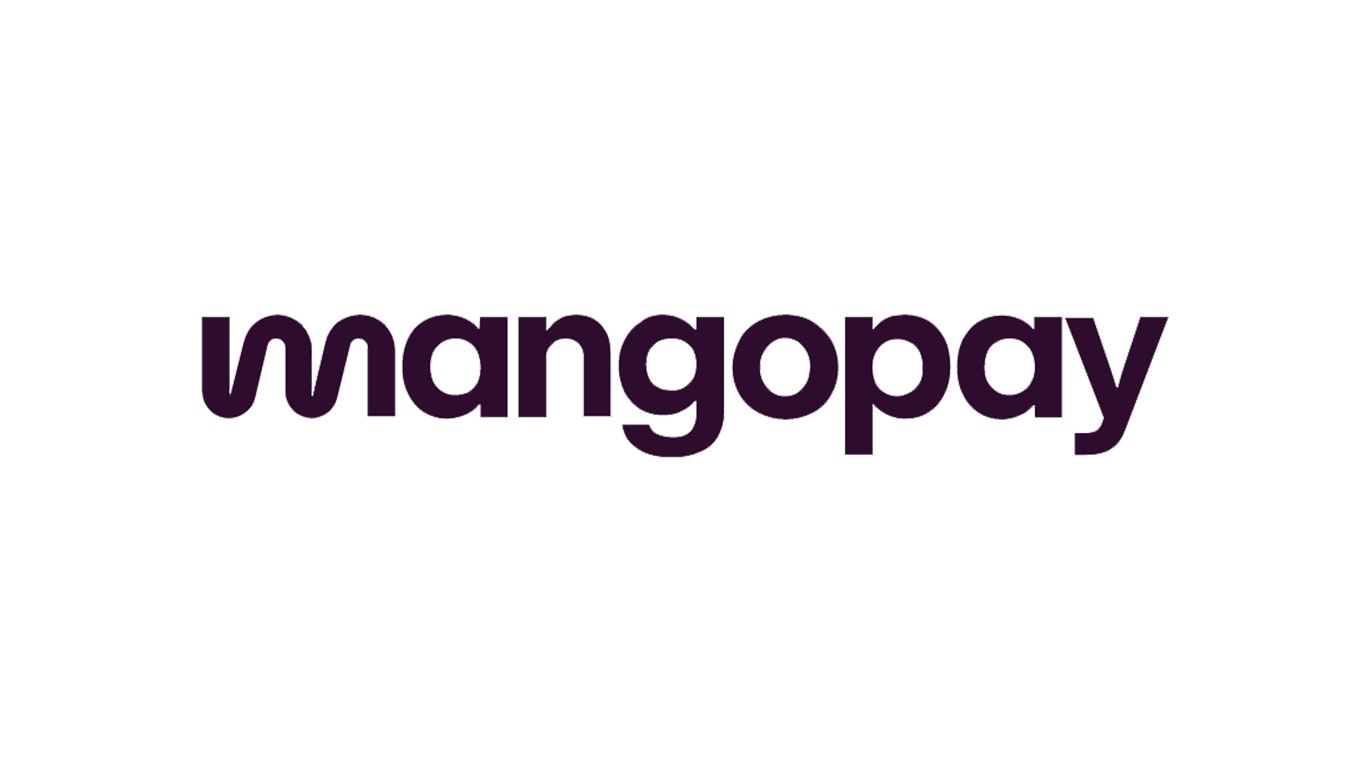
Mangopay, a modular and flexible payment infrastructure provider for marketplaces and platforms, today announces the expansion of its cross-border capabilities with the launch of its end-to-end FX solution, designed to support the international growth of platforms and marketplaces. Mangopay’s new FX solution aims to reshape how platforms of all types approach currency conversions by bringing more transparency and control into cross-border operations. This enables them to unlock new revenue streams, create local payment experiences for their users, and increase control of their treasury operations.
Mangopay, which was recently named one of FXC Intelligence’s most promising cross-border payment companies, provides its flexible modular payments infrastructure to over 2,500 platforms globally to help them scale, including brands such as Vinted, Chrono24, Wallapop, La Redoute and Rakuten.
Mangopay’s end-to-end FX solution enables platforms to build a flexible and modular cross-border strategy. It includes Spot FX, which allows platforms to access real-time exchange rates for instant conversion, and Guaranteed FX, which briefly locks in rates to mitigate the risk of currency fluctuations. In a survey of 200 chief financial officers (CFOs) and nearly 300 treasurers, 77% of CFOs in EMEA said that their company had suffered reduced earnings in the previous two years due to avoidable FX risk.
By leveraging Spot or Guaranteed FX, platforms are able to offer local buying experiences that help reduce checkout churn, take control of their treasury and liquidity management, and enable both their buyers and sellers to collect and convert funds in multiple currencies. Platforms can implement FX at any point of the payment flow, without being limited to converting currencies during pay-in or payout.
In addition, Mangopay is strengthening its payout network over the coming months to facilitate faster and more cost-effective global payouts to over 60 currencies, with local settlement in over 20 currencies.
Kirk Donohoe, Chief Product Officer, Mangopay, says: “We consistently hear from the platforms and marketplaces we work with about the importance of taking control of their cross-border money movement so they can create delightful user experiences, optimise operations and drive business growth. Our FX solution completely removes the friction associated with traditional currency conversions, providing the flexibility to easily manage cross-border payment flows. It simplifies FX for the platforms we work with and their customers, from pay-in to payout and money movement within their ecosystem.
“We do well when our customers do well, and supporting their ambition through innovative payment infrastructure and cross-border products remains core to our strategy. We are extremely excited about the opportunity to support the platforms we serve with their international growth.”
To find out more about our new solution and how companies can navigate cross-border payments and currency conversion, please visit.
Related News
- 03:00 am
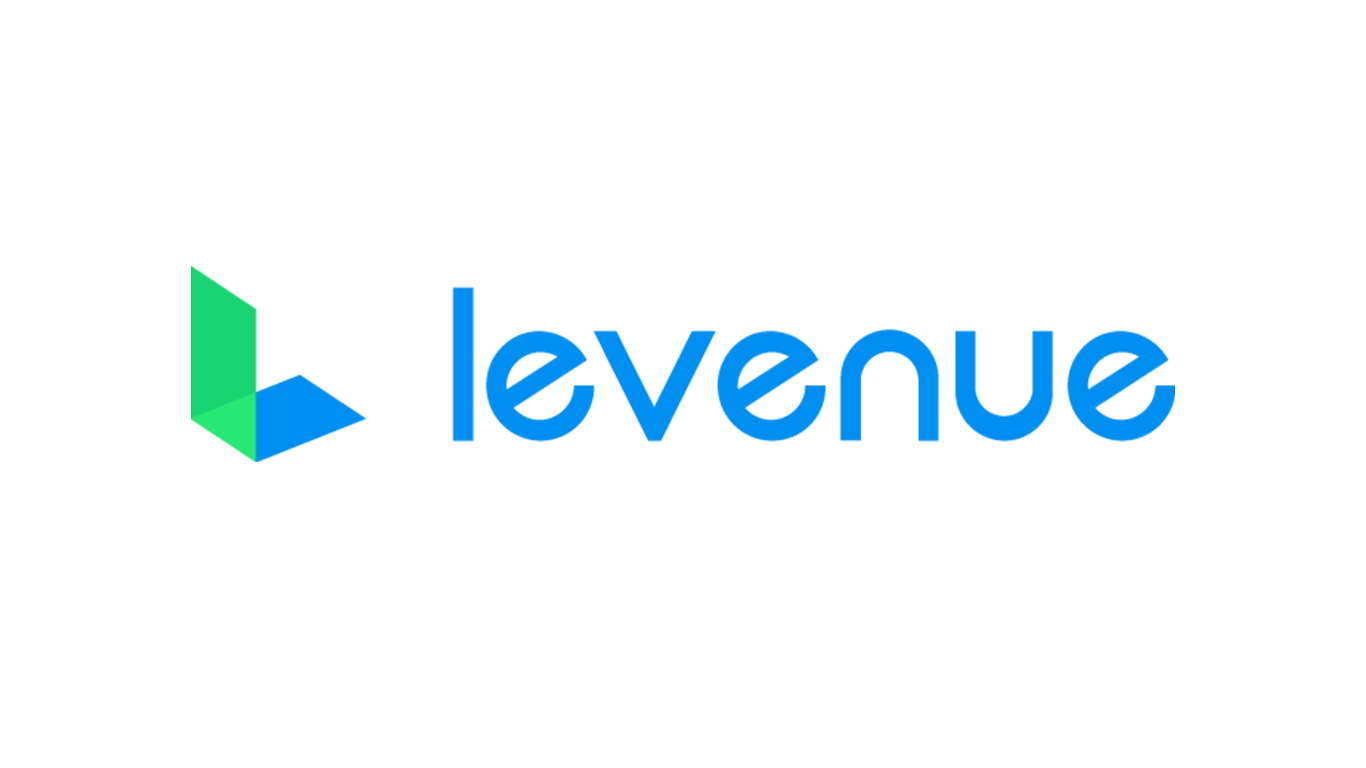
Levenue, Europe’s biggest revenue-based financing marketplace, today announces its €8 million in Series A funding in a round led by Truffle Capital, with participation from Freshmen Fund.
Levenue is redefining how subscription-based companies are financed. Instead of offering capital in return for shares that dilute founders’ control of their business, subscription-based companies can use the forecasted cash flow of their existing subscriptions as collateral for financing. Investors have now deployed over 300 million EUR to subscription-based companies through Levenue’s revenue-based financing marketplace since its launch in 2021.
Further benefits to company founders include the speed of financing. It takes just 48 hours to assess funding companies, with funds typically received within three days of being launched onto the revenue-based financing marketplace. Underwriting decisions are also based exclusively on qualitative data - such as revenue growth and accounting data - eliminating any potential bias in the financial assessment.
Levenue acquires Cake to enrich financial data for underwriting
To enhance the underwriting process, Levenue has acquired Cake, a company renowned for its groundbreaking open banking and data enrichment technology. By enriching every line of a company’s banking data, to build a reality-based replica of its P&L, Levenue will be able to create more accurate risk profiles and offer faster financing decisions.
Fuelling growth across Europe
Levenue currently operates profitably in 12 countries across Europe*. It has grown its team by over 200% in 12 months, while also building artificial intelligence and machine learning into its underwriting solutions to rapidly scale operations with maximum capital efficiency.
The funding round was led by Truffle Capital, who will offer its deep fintech expertise and network to support Levenue as it scales its operations across the European Union, including launching in France in Q1 2024, and as it strengthens its product development.
Benjamin Rieder, CEO & Co-Founder at Levenue comments: “We have established Levenue as a platform where entrepreneurs and investors can connect, fostering the growth of innovative subscription-based businesses. Having facilitated over 300 million EUR in financing in just two years, we’ve proven that there is a significant demand for such a marketplace on both sides.”
“The acquisition of Cake was driven by our continuous commitment to enhancing our offerings and improving transparency for our users.”
Patrick lord, Senior Partner of the Truffle Capital Fintech practice comments: “Founders of subscription-based SMEs need new solutions to fuel their growth. The complexity, founder distraction, and sheer time and effort needed to finance companies via traditional means can harm the business, and sometimes kill it. We believe strongly in Levenue’s mission to make it as simple, transparent, and, fast as possible for founders to leverage their primary value driver, their subscription volumes, to accelerate the growth of their companies in the most agile and painless way possible.”
Davy Kestens, CEO of Cake comments: “Both Cake and Levenue's mission has always been about bringing transparent data solutions to the world. Today, this mission has become much bigger than either of us had ever imagined when we initially started this journey. Challenging the way companies get financed, analysed, and valued is a goal both of our teams are excited to rethink and rebuild."
Related News
- 09:00 am
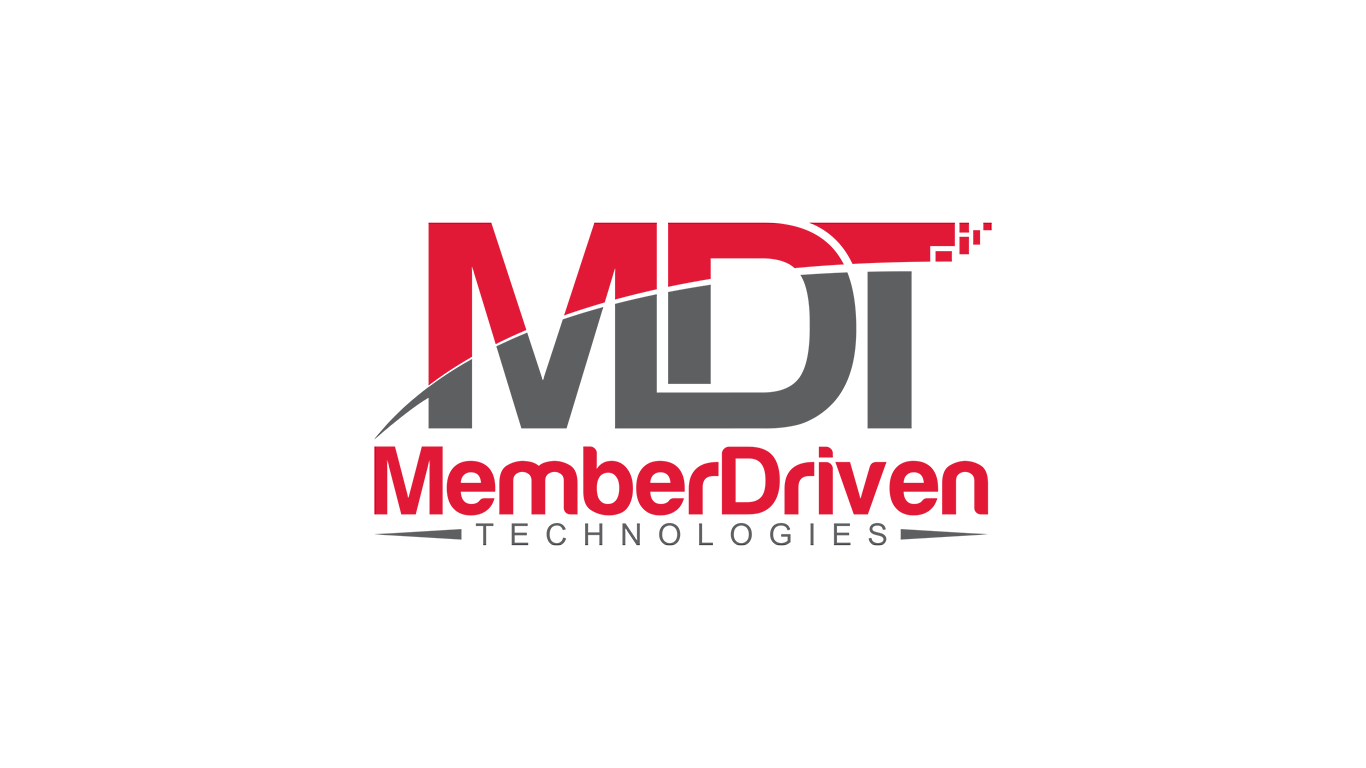
Member Driven Technologies (MDT), a CUSO that hosts the Symitar core processing system from Jack Henry™ to provide a private cloud alternative for core processing and IT needs, has added to its C-suite, appointing Dan Schneider as Chief Project Officer and Greg Lanigan as Chief Information Officer. Other notable promotions have been made as well, including elevating Tracie Loudermilk to Vice President of Project and Consulting Solutions.
Schneider, who has been with MDT for over 15 years, most recently served as the company's Vice President of Project Management and Implementations. As MDT’s first CPO, he will accelerate the delivery of high-quality service and solutions to ensure credit unions stay competitive in today's digital landscape. “MDT is driving meaningful change within financial services, helping credit unions future-proof their businesses and approach to member service,” said Schneider. “In my new role, I’ll be able to better support this mission by helping shape our strategies.”
As the Chief Information Officer, Greg Lanigan will be responsible for all technical infrastructure, including Microsoft, Technical, AIX and Cisco support. “At MDT, we remain dedicated to providing the robust, secure, and flexible infrastructure that empowers credit unions to grow and succeed both now and in the future. I’m looking forward to directly supporting these goals in my new role,” said Lanigan.
These promotions have been made to support MDT’s commitment to prioritizing leading digitally optimized solutions, as well as consultative solutions to the credit union industry. Last month, MDT launched its Project Management Consulting Services, enabling clients to plan, implement and optimize critical initiatives across the institution. The offering supports credit unions in managing project scope, cost, time, and quality while helping deliver new skill sets and tools to staff. Tracie Loudermilk will oversee this team and these client engagements.
"The expansion of our executive team with Dan, Greg, Tracie, and several other talented staff members, directly supports our belief that digitally optimized solutions, flexible architecture that enables partnerships of choice, and consultative projects and collaboration with trusted partners will be key to credit union success moving forward,” said Larry Nichols, CEO and president of MDT. "I am incredibly proud of the team, client community, and technology ecosystem we have built, and I look forward to seeing all that this enhanced structure and group can accomplish together.”
Related News
- 08:00 am
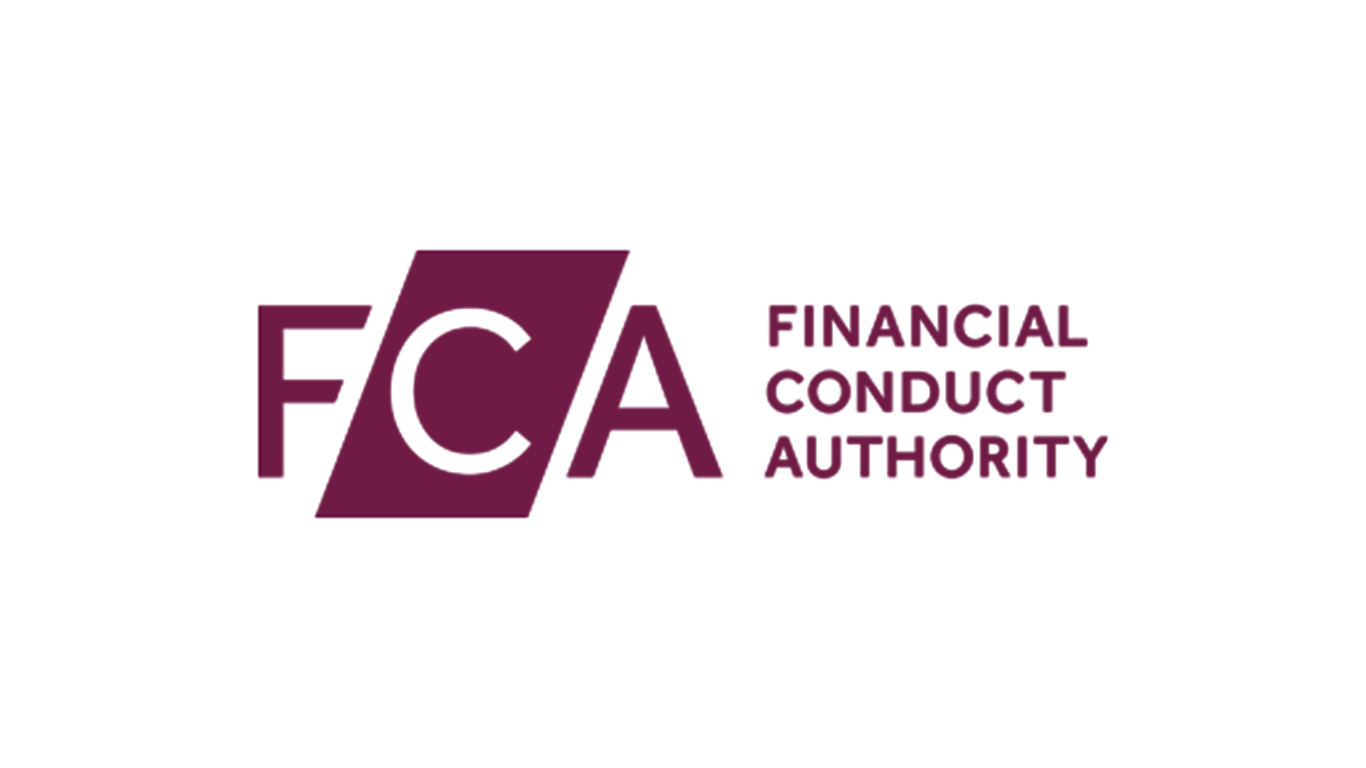
OneMarketData, LLC today announced that the Financial Conduct Authority (FCA) has selected OneTick Surveillance to deliver its core market surveillance and visualization system. The cloud-based service will provide the regulator with new tools to detect and investigate market anomalies and help to protect the integrity and orderly functioning of financial markets in the United Kingdom.
The FCA selected OneTick Surveillance in a competitive tender process involving 15 providers. The delivered service detects potential cases of insider dealing, and market manipulation, and monitors for market disruption in real-time. The service will also help the FCA's Market Oversight team supervise the suspicious transaction and order reporting (STOR) regime.
“We’re very proud to provide the FCA with a surveillance solution,” said Dermot Harriss, Senior Vice President of Regulatory Solutions at OneMarketData. “The service we’ve built for them is secure, programmable, will dynamically scale to meet increasing market volumes, and will allow the FCA to adapt to new risks to the integrity of our financial markets.”
Created to be a modern, easy-to-use, cost-effective surveillance solution for small firms, OneTick Surveillance now provides a cross-asset, multi-regime solution for market participants of all sizes. Current customers include asset managers small and large, retail brokers, FCMs, banks, market makers, market operators, and regulators. The system gives users confidence they’ll meet their regulatory obligations even in periods of high volatility. It offers the scalability, reliability, simplicity, support, user customization, and ease of use that firms need, all in a cost-effective package. The cloud-based offering includes global equities, options, futures, and FX market data. It allows users to triage alerts in browser-based dashboards and design custom compliance workflows.









